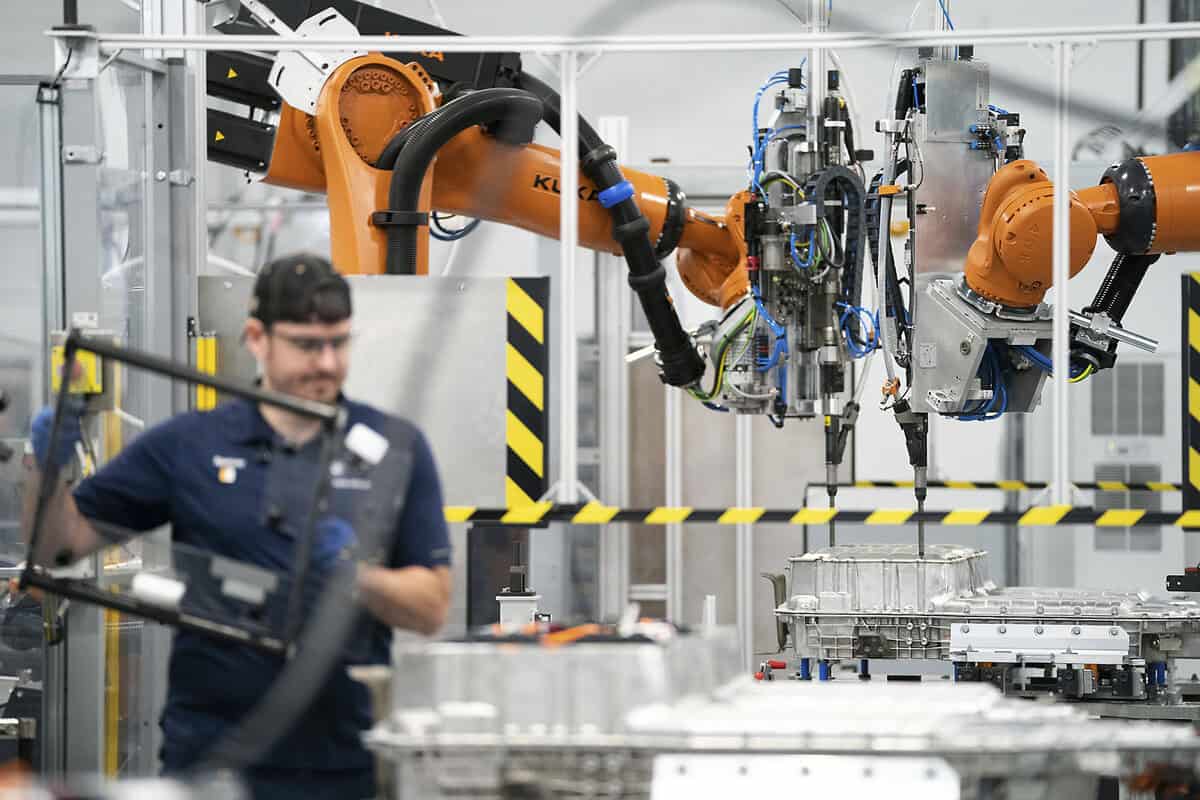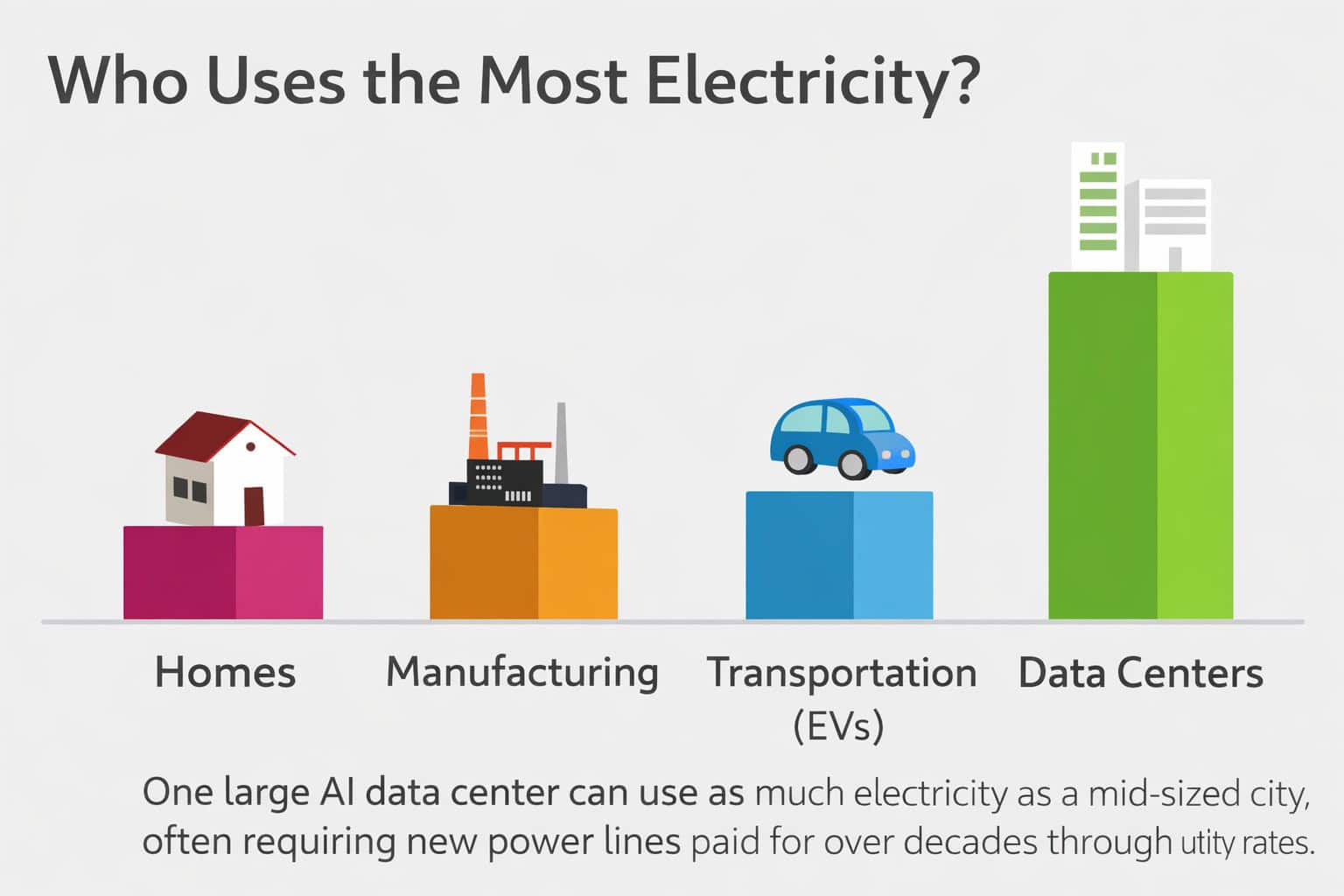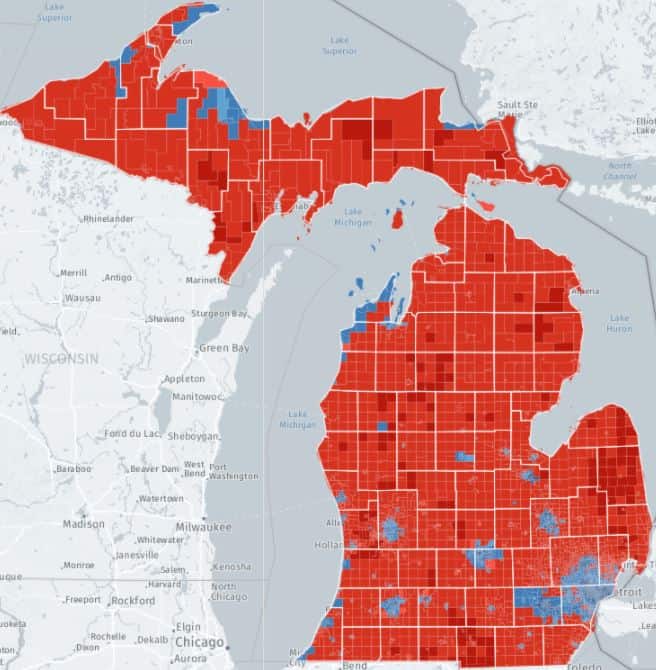SAN FRANCISCO – As Microsoft-backed OpenAI and Google race to develop the most advanced chatbots, powered by generative artificial intelligence, Anthropic is investing heavily to keep up. Just a few months after raising $750 million over two financing rounds, the startup is debuting a new AI chatbot: Claude 2.
Founded in 2021 by former OpenAI research executives and funded by companies including Google, Salesforce and Zoom, Anthropic is opening up its chatbot technology to consumers for the first time with Claude 2. For the past two months, the company’s AI models have been tested by businesses such as Slack, Notion and Quora, and Anthropic has accumulated a waitlist of more than 350,000 people requesting access to Claude’s application programming interface and its consumer offering.
“We have been focused on businesses, on making Claude as robustly safe as possible,” said Daniela Amodei, who co-founded Anthropic with her brother, Dario. “We really feel that this is the safest version of Claude that we’ve developed so far, and so we’ve been very excited to get it into the hands of a wider range of both businesses and individual consumers.”
Claude 2 will initially only be available to users in the U.S. and U.K., and Anthropic plans to expand availability in the coming months.
Since OpenAI introduced ChatGPT to the public late last year, the tech world has invested heavily in the potential of generative AI chatbots, which respond to text prompts with sophisticated and conversational replies. Academics and ethicists have voiced significant concerns about the technology’s tendency to propagate bias, but even so, it’s quickly made its way into schools, online travel, the medical industry, online advertising and more.
In March, OpenAI released GPT-4, its biggest update to the underlying tech behind ChatGPT. Two months later, it allowed ChatGPT to start browsing the internet so responses were no longer limited by its 2021 training data cutoff date, but it then disabled the chatbot’s internet browsing ability after reports of problematic uses such as bypassing paywalls.
To read more, click on CNBC






